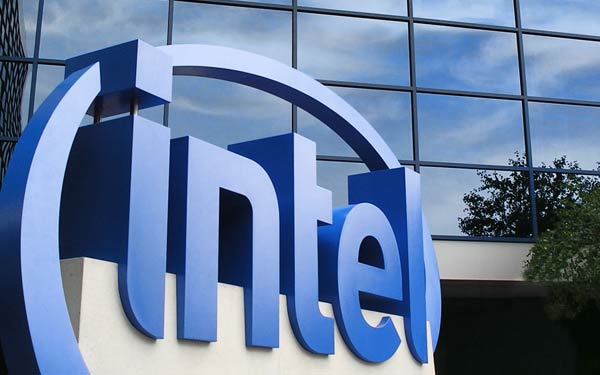Chipmaker Intel published its third quarter financial results last night showing that profits were down slightly on the same period last year. The part of the business providing chips for desktops and laptops saw a fall in sales of 3.5 per cent, however that drop was cushioned by record sales for Intel's data centre business which were up 12 per cent. Intel also took this opportunity to inform us that, due to "technical setbacks," preparations for the production of its 14nm Broadwell chips will be delayed by about three months.
"The third quarter came in as expected, with modest growth in a tough environment," said Intel CEO Brian Krzanich. "We're executing on our strategy to offer an increasingly broad and diverse product portfolio that spans key growth segments, operating systems and form factors. Since August we have introduced more than 40 new products for market segments from the Internet-of-Things to datacenters, with an increasing focus on ultra-mobile devices and 2 in 1 systems."

Intel's revenue figure for Q3 2013 was $13.5 billion, from which it managed to glean $3 billion in profit. Comparing the results to figures for the same period last year showed that profits were slightly down. However Intel was keen to highlight that Q3 was a lot better for its business than Q2 this year, due to the launch of Haswell chips and their increasing incorporation into computer systems.
Broadwell: A small blip in the schedule
Krzanich told investors in a conference call following the results publication about Intel's "strong desire to get Broadwell to the market," however he had to tell them about "a small blip in the schedule". The Intel CEO added that "We're not happy with the one-quarter push but it does point to how difficult these problems are to solve."
CFO Stacy Smith told investors that the delay wouldn't affect gross margins in Q4 nor impact the competitiveness of Intel's product lineup, reports Reuters. However it is thought that the release of a large amount of cheaper Intel Bay Trail processor based devices, if well received, might eat into Intel's margins in the coming quarters.













